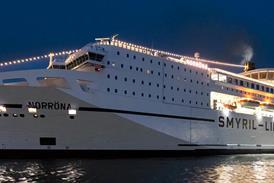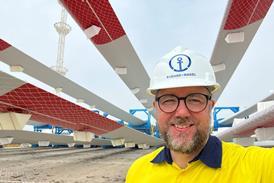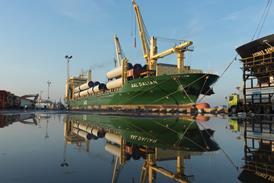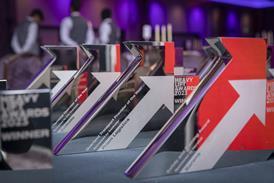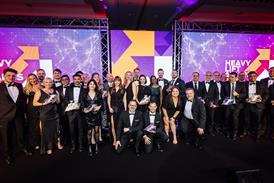An International Maritime Organization (IMO) symposium held on October 18 considered the sulphur 2020 limit which comes into effect on January 1, 2020, as well as the longer term need to decarbonise shipping.

Ammonia and hydrogen are promising fuels of the future in a decarbonised shipping industry, the IMO said, noting that zero-carbon fuels are essential to the reduction of greenhouse gases (GHG) from ships.
Edmund Hughes, IMO head of air pollution and energy efficiency, explained: “We have to change to address global climate change. We have to find new technologies and new fuels if we are to achieve at least 50 percent reduction in annual GHG emissions from international shipping by 2050."
That target means an 85 percent cut in CO2 emissions per ship. While many speakers agreed that the long-term future would involve a hydrogen-based fuel to replace fossil fuels, ammonia is another possible source – but speed of uptake and scale of production are key issues in both cases.
While some progress is under way already – such as Malaysia’s commitment to developing hydrogen as a fuel for marine use and its development of related infrastructure and projects – speakers agreed that enabling policies, collaboration and research and development would be needed to decide how shipping would move forward with decarbonisation.
“The topics of the last two days have a common element, which is essential to sustainable future shipping – and that is fuels,” summed up IMO secretary general Kitack Lim.
“The development and provision of viable alternative fuels cannot be solved by the shipping industry alone but needs support from the wider maritime industry, such as oil industries, charterers and ports,” he added.


